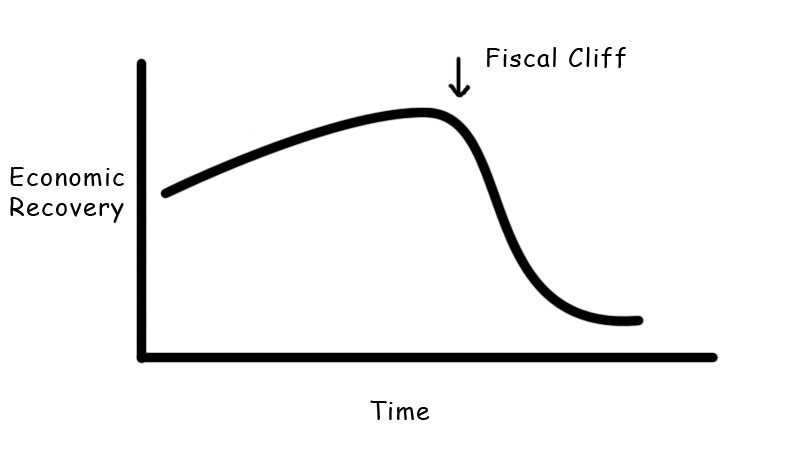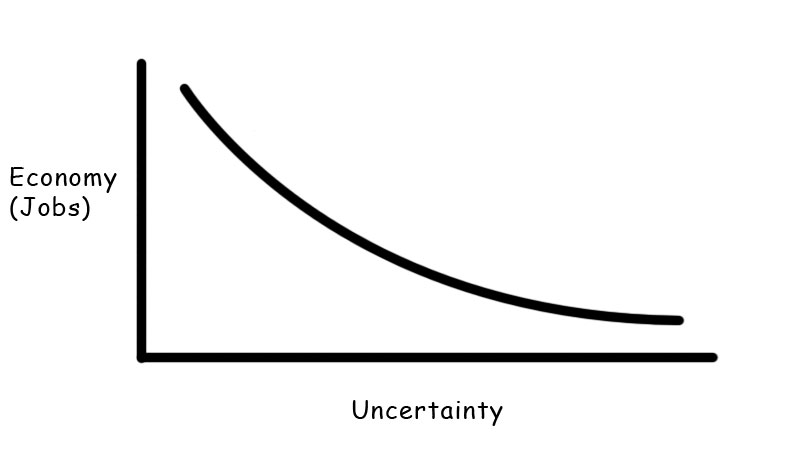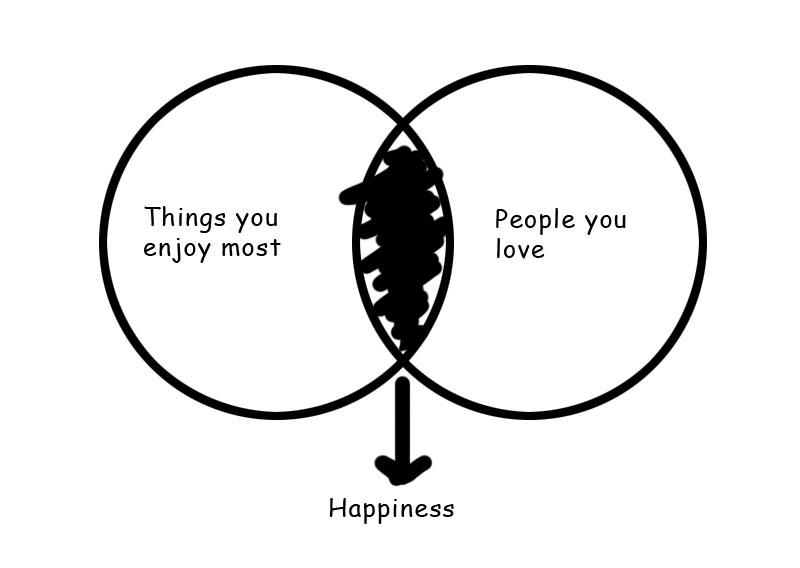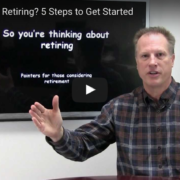Fiscal Cliff 101
Those who can explain complex ideas in simple ways always amaze me. That’s why I took an interest in the book “The Behavior Gap: Simple Ways to Stop Doing Dumb Things with Money”, written by Carl Richards. He has the ability to simplify complex personal financial concepts with a drawing on the back of a napkin. This week I challenged myself to do the same with the impending “fiscal cliff”.
What is the fiscal cliff?
The fiscal cliff is a combination of tax increases and budget cuts set to take place at the start of 2013. This seemingly automatic increase in taxes of $400 billion and budget cuts of $200 billion for a $600 billion impact could have a big effect on a struggling U.S. economy. If this double whammy is allowed to occur, we could see the economy retreat into a recession and topple over “the fiscal cliff”.
What can we do to fix it?
The problem is not the fiscal cliff itself: good policy can help alleviate or even fix the problem. Instead the problem is the uncertainty created by the lack of a plan or timetable. With a workable plan, I don’t think the fiscal cliff would be as concerning as it is now.
This country has a rich history of confronting problems head on and overcoming them. Remember the hysteria brought on by the Y2K? During this time of year back in 1999, people were buying generators, stashing canned food and worrying what would happen the morning of January 1st 2000. We’ll probably look back on the fiscal cliff issue the same way we did Y2K, with one big yawn.
Winston Churchill once said, “The United States will always do the right thing – when all other options have been exhausted”. I have confidence in the American people and our system of government and economics. But while this country works through the issues, the dialog becomes heated and the economy volatile. In the end, this issue will be resolved, but be prepared; I predict the next three months will be very interesting.
What’s next?
It’s a pretty safe bet we won’t see any action until after Election Day. That leaves the lame duck session of congress between Thanksgiving and Christmas. If history can be a guide, we’ll probably see the lame duck session of congress kick the issue down the road until sometime into the first quarter of 2013 by postponing the tax increases and budget cuts. Sometime during the first half of 2013 I think the president and congress will start working on a solution. Will it be perfect, no! But it doesn’t have to be – just having a plan will help eliminate some of the uncertainty.
We need to see leadership and a plan for resolving the issues to restore confidence and eliminate investor concerns. That will help get our economy back on track. The next big step is the election. With the election in the history books, members of congress will be more willing to work in a bipartisan manner to resolve the issues.
My advice
As we ride out the rocky uncertainty of the next few months, my advice is to tune out the political noise and focus on doing those things you enjoy most with the people you love.
As hard as it might be, try not to get caught up in the noise as Congress and the president do their jobs. Instead do those things you enjoy most in life, with the people you love for real happiness.
Securities offered through LPL Financial. Member FINRA/SIPC






